
The current treatment pathway might need to evolve to adjust to rapid diagnostics and narrowing down the antibiotics to aid in optimal outcomes for sicker patients with gram-negative infections.
John Parkinson is the assistant managing editor for Contagion. Prior to joining MJH Life Sciences in 2020, he has covered a variety of fields and markets including diabetes, oncology, ophthalmology, IT, travel, and local news. You can email him at jparkinson@mjhlifesciences.com.

The current treatment pathway might need to evolve to adjust to rapid diagnostics and narrowing down the antibiotics to aid in optimal outcomes for sicker patients with gram-negative infections.
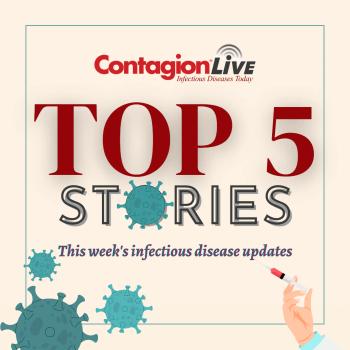
The first self-amplifying mRNA COVID-19 vaccine was approved in Japan; how email reminders fared in encouraging people with diabetes to get their influenza vaccines; in the latest RSV Roundtable, our panel discusses the addition of nirsevimab; and a biotech company is focused on the detection and diagnosis of viral diseases, with a particular interest in Long COVID.

United Kingdom-based Virax Biolabs is a biotech company that is focused on the detection and diagnosis of viral diseases, with a particular interest in the enigmatic, Long COVID.
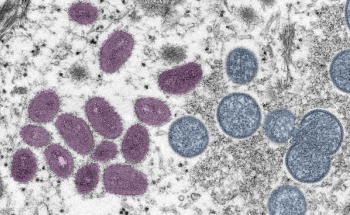
Early treatment of the antiviral tecovirimat (TPOXX) could inhibit virus replication by more than 90%.

The company’s investigational V116 vaccine covers 21 serotypes, and if approved, it would be the first pneumococcal conjugate vaccine specifically designed for adults.

The 2 recalls were performed due to concerns about salmonella in the former and lead in the latter.
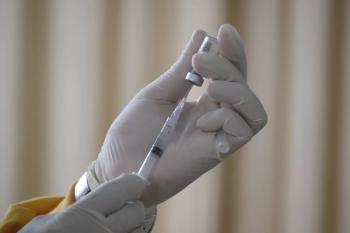
The ARCT-154 vaccine from CSL and Arcturus Therapeutics was approved in adults.

In the news this week, the FDA approved the antifungal, isavuconazonium sulfate, which is indicated for children as young as 1 year of age; the continued clinical usefulness of doxycycline; examining infectious disease consults in gram-negative bacteremia; and a clinician utilizes mobile clinics to bring care to marginalized populations.

A study finds pathogen spores remain on surgical scrubs and patient gowns even after sodium hypochlorite disinfectant application. This finding presents an infection prevention challenge.

A clinician utilizes mobile clinics to bring a hybrid of primary and urgent care to marginalized populations and help people overcome barriers and gets them into the continuum of care.

The older antibiotic has been shown to be effective as a preventative measure for one group of infections as well as reducing the risk of a health care-associated infection.

The approval of the antifungal, isavuconazonium sulfate (Cresemba), is indicated for children as young as 1 year of age and the approval was based from 2 clinical trials.

Last year’s historic RSV season left many wondering if this was going to become a recurring trend. Physicians weigh in on what they are seeing at their institutions in terms of infection rates.

This week's news looked at the medical and economic burden of AMR, why the implementation of new College of American Pathologists rules presents an opportunity for collaboration between microbiology labs and ID providers, which specific antibiotics showed the greatest associations with adverse drug reaction case reports related to C diff, and how infants with HIV could be spared from requiring lifetime ART if treated within hours of birth.

A clinician discusses the vaccines' efficacy, which risk factors may rank higher for disease severity, and offers insights on counseling patients.

As of last Friday, 117 people have been sickened, 61 hospitalized, and 2 people have died.
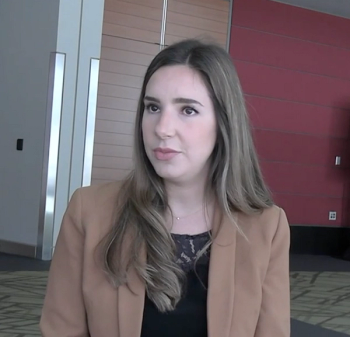
A study offers a glimpse into what populations may be more likely to suffer a prolonged infection and may need to be prospectively followed for surveillance and monitoring.
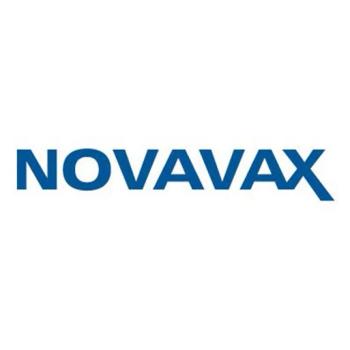
The emergency use listing (EUL) now provides another option for those who are in World Health Organization (WHO) member states.

This week's news includes a Massachusetts hospital facing a lawsuit for potential HIV and hepatitis exposure, a study shows reduced mortality rates in combining vancomycin and cefazolin in patients with bloodstream infections, a PCR-based rapid test can de-escalate antibiotic therapy quicker for bloodstream infections, and how the implementation of new College of American Pathologists rules presents an opportunity for collaboration between clinical microbiology laboratories and infectious disease pharmacists and physicians.

Therapy development, management improvements, and public health initiatives have all helped to change the trajectory of health outcomes for many, but still millions of people remain behind and are not in the continuum of care.
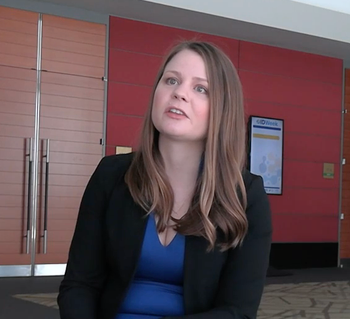
A recent novel study found reduced mortality rates in combining these therapies in patients being treated for this specific bacteremia.
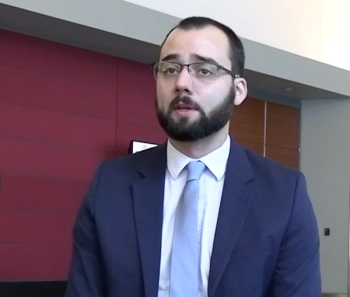
A study showed utilizing a PCR-based test can narrow therapy quicker and help in resolving these infections sooner.

Topline data results from the company’s phase 3 trial, STRIDE-3, were announced and will be presented at the World Vaccine Congress West Coast.
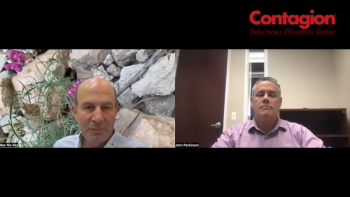
A small study showed high efficacy for the same strain of Pseudomonas aeruginosa.
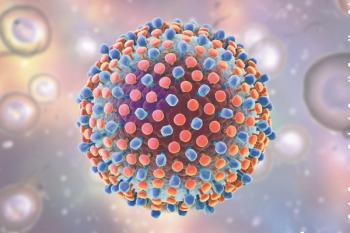
Biopharmaceutical company, Barinthus Biotherapeutics, studied its investigational immunization candidate, VTP-300, together with Arbutus Biopharma’s hepatitis B (HBV) therapeutic, imdusiran.

In this week's news, we covered the HCV elimination program, recent food recalls, live biotherapeutic products for recurrent C diff, and the availability of a monoclonal antibody for RSV prevention in infants.

The FDA says the recall being performed by Wilcox Ice Cream is doing this out of concern for listeria contamination in the products.

A study demonstrates the microbiome changes and how restoration of the gut flora is warranted when patients are dealing with recurrent bouts of the health care-associated infection.

Acurx Pharmaceuticals reported topline data from a small phase 2 study on their antibiotic, ibezapolstat, which showed it had a 96% cure rate.

Shionogi’s therapy, ensitrelvir, was found to reduce and prevent these issues.